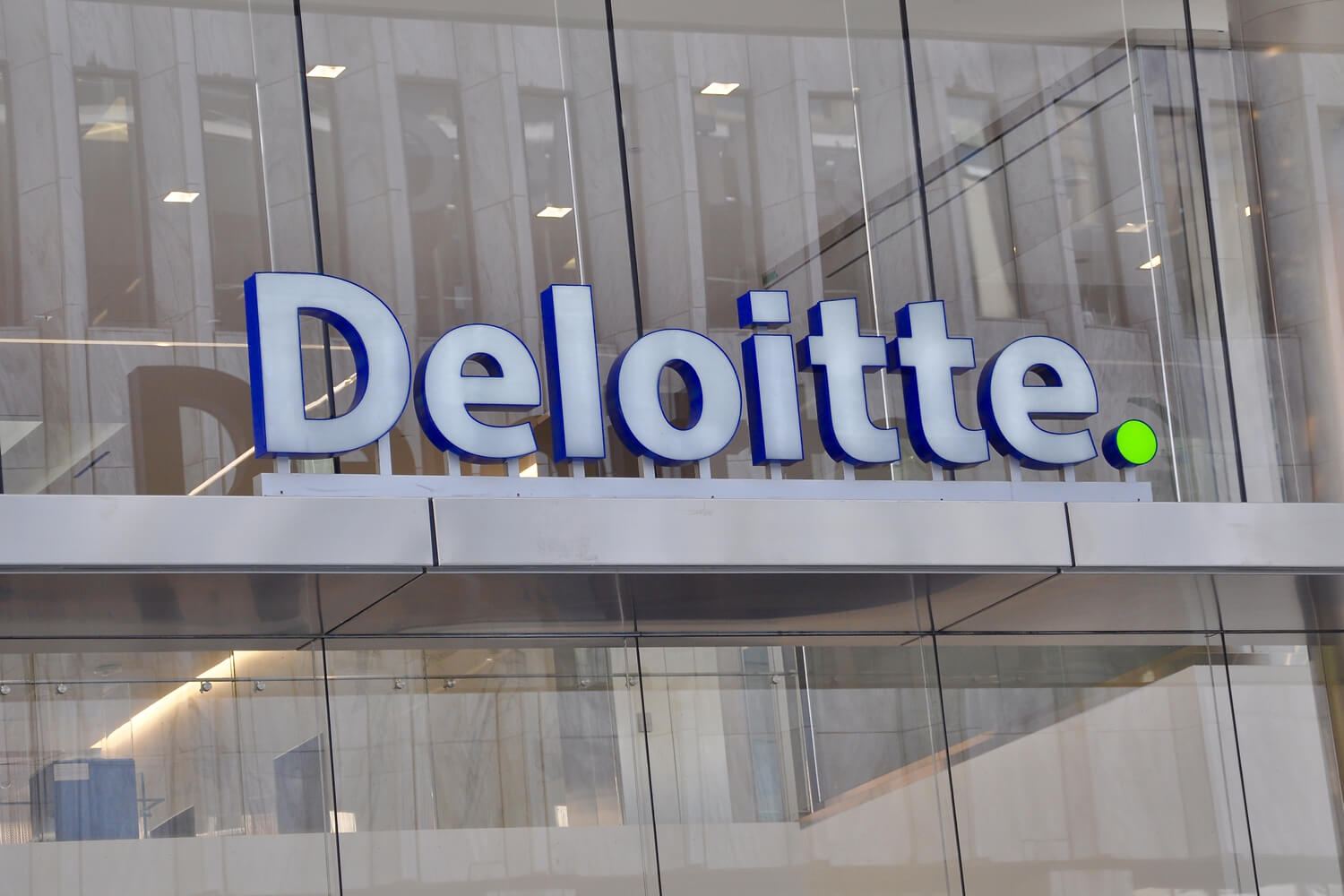The 2026 national budget has been described by Deloitte Ghana as a technically driven financial plan that aims to resolve the long-standing structural problems affecting Ghanas energy sector. The firm noted that the document is not only a fiscal outline but also a strategic intervention focused on stabilizing power generation, reducing sector debt, and creating a realistic pathway toward long term sustainability.
Deloitte emphasised that the energy sector continues to be one of the biggest financial risks to the economy due to the accumulation of unpaid debts, operational inefficiencies, and the heavy burden of legacy arrears owed to independent power producers and fuel suppliers. According to the firm, previous budgets attempted to address these concerns, but the 2026 budget takes a more technical and systems-oriented approach that directly targets the core of the problem.
A key highlight of the budget is the renewed emphasis on restructuring sector liabilities. The government intends to continue the clean up of energy sector debts in collaboration with financial institutions, while also tightening revenue collection within the power value chain. Deloitte noted that this is critical because the inability of utilities to collect revenue consistently has been a major driver of debt accumulation.
Additionally, the budget outlines plans to improve power transmission systems across the country. Deloitte observed that transmission challenges have historically hindered economic growth, especially in industrial zones where power reliability is essential. By strengthening the transmission network, the government hopes to reduce technical losses and increase the efficiency of energy distribution.
The firm also highlighted the governments intention to scale up renewable energy, particularly solar power for public institutions and selected communities. This, in Deloittes assessment, reflects a recognition that Ghana must diversify its energy mix in order to reduce costs and minimise dependence on thermal generation, which remains expensive due to fluctuating fuel prices.
Another significant feature of the budget is the focus on governance reforms within the sector. Deloitte pointed out that performance monitoring of state owned enterprises has been emphasised more clearly than before. This signals stronger accountability measures to reduce inefficiencies and financial waste.
The firm further explained that the budget aligns with Ghanas commitments under international financial support programs. These programs require energy sector reforms as part of broader economic recovery and debt sustainability measures. Deloitte believes that by making the energy sector more financially stable, the government is creating a foundation for economic stability in other areas such as manufacturing, export growth, and foreign investment attraction.
Despite the positive outlook, Deloitte cautioned that successful implementation remains the biggest challenge. Execution has historically been the weak point of energy sector reforms, and the firm urged the government to adopt consistent monitoring and transparent reporting systems to ensure that the reforms do not stall midway.
Deloitte concluded that the 2026 budget represents one of the most technically structured attempts to address the root causes of Ghana’s energy problems. If implemented effectively, it could mark a turning point for the power sector and offer long term relief to the broader economy.

